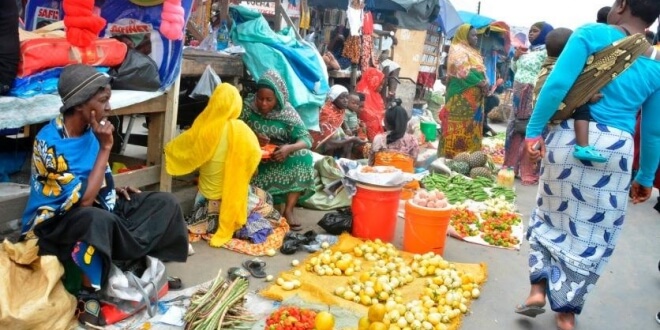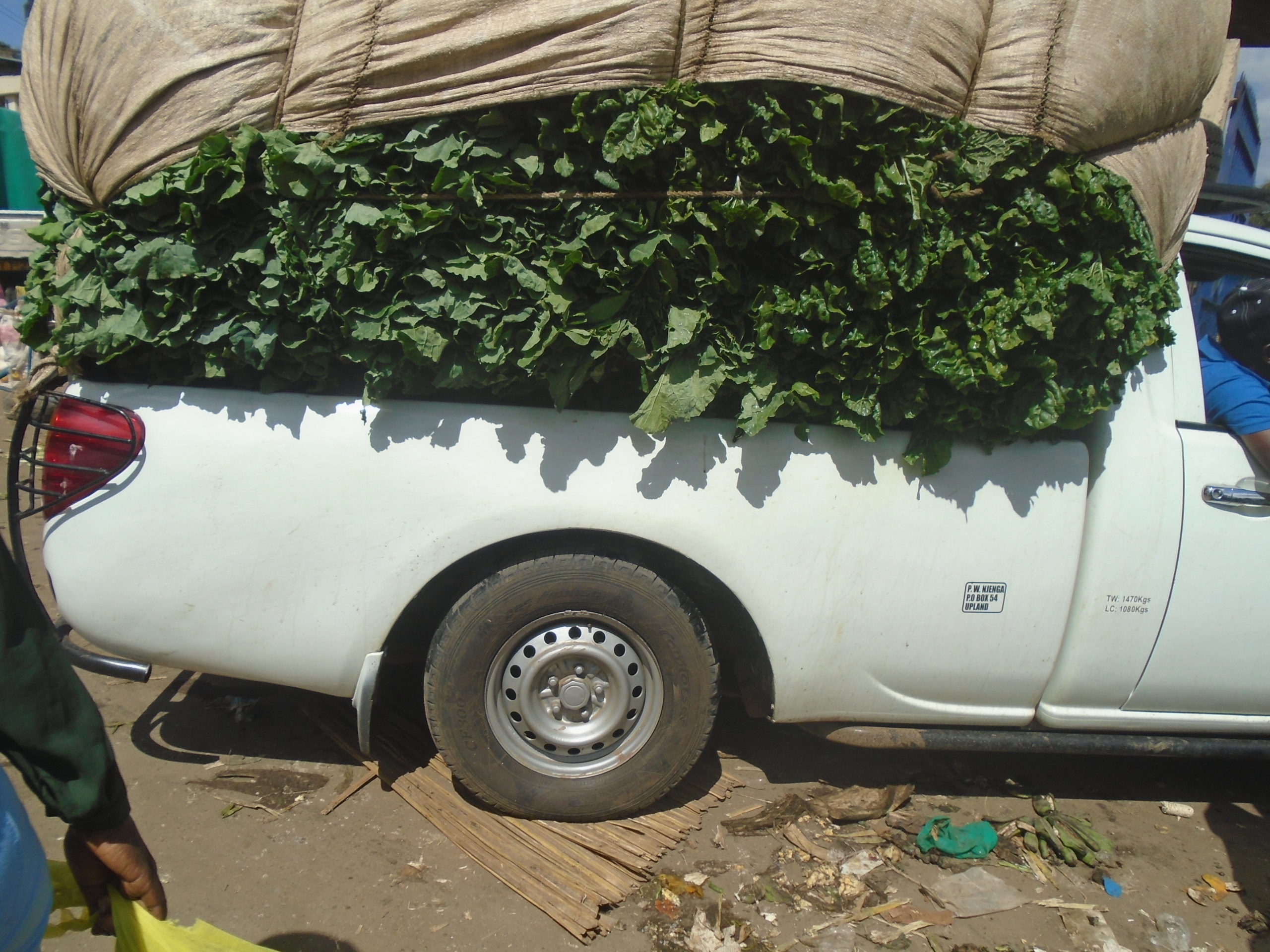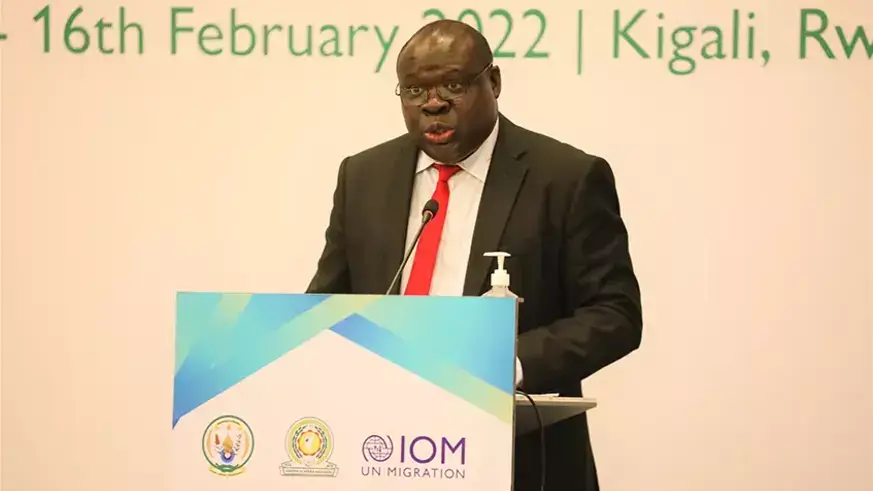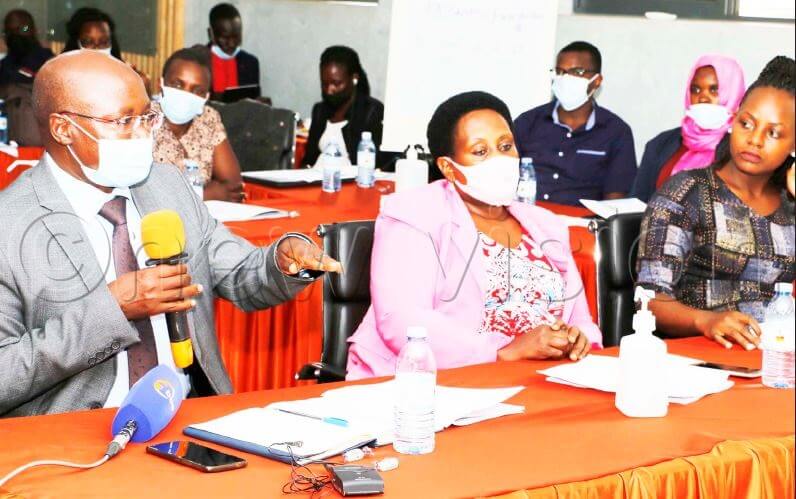The government has done a lot to increase capital access to special groups like women, youth and persons with disabilities, however, more needs to be done. So far, the government, through the Central Bank of Tanzania has eased borrowing and reserve requirements for commercial banks and in so doing eased lending caps of these banks. The expected result is that commercial banks can now loan out at lower rates under easier terms. It is working, many SMEs are staying afloat thanks to capital access under these terms however, for women and youth who do not possess a business or who are working in the informal sector, access to bank loans is simply out of the question, most of them do not meet the basic requirements. To address this constraint, the government sets aside a budget for youth and women groups’ support. To access this funding, youth and women are to form groups and develop a business plan and the funding is issued by their respective local government authority based on their geographical locations. This is where Direct Selling comes in. Direct Selling is the most practical solution to self-employment for youth and more so for women. Due to the nature of Direct Selling, for example, women can easily carry on their day to home obligations while conducting sales. On the other hand, Direct Selling offers secondary or alternative revenue for employed women and with growing use of digital platforms in Africa, this is a most flexible yet lucrative avenue for...
Low capital businesses, solution to self-employment initiatives
Posted on: February 21, 2022
Posted on: February 21, 2022
























